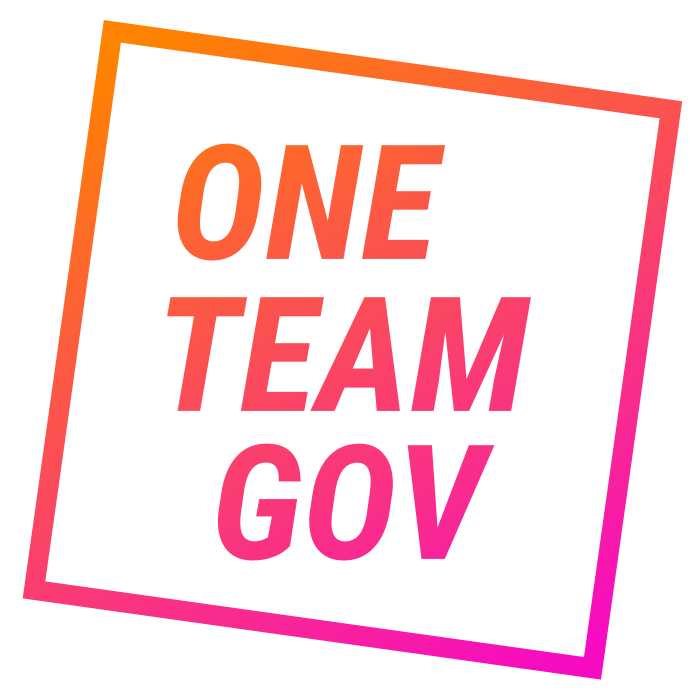1. Work in the open and positively
We’re a community; everything we do will be documented and made to share. Where conversations happen that can’t be shared, the wider learning still will be. This is a reform cooperative, where we choose to be generous with knowledge. Ideas are infectious; we’ll share ours early and often.
We will be optimistic and positive in our approach to our work. We will believe that things can change, and we will take our part in making that happen.
2. Take practical action
Although talking is vital, we will be defined more by the things we do than the things we say. We will create change by taking small, measured steps every day — everything from creating a new contact in a different area or discipline, sharing something we’ve written, or giving our time to contribute to others’ work — and encouraging others to do the same. We won’t create huge plans, but do things that make a real difference today, no matter how big or small. We will document what they are.
3. Experiment and iterate
We don’t think there’s one way to ‘do’ reform. We will experiment with design, and put user-focused service design thinking into everything we do, learning from and with each other. We will test, iterate and reflect. We will be humble in our approach, focusing on asking the right questions to get to the best answers.
We will embrace small failures as opportunities to learn. We won’t get everything right, and we won’t try to. We will listen, learn and improve together.
4. Be diverse and inclusive
Our approach to inclusiveness and diversity is driven by a simple desire to better represent the citizens we serve. We’ll put effort into making that so, by balancing our events, making sure our teams are reflective of society at large and by making sure we have a range of citizen and team voices in the room with us.
Our ideas will be created by a diverse group of people, drawn from the widest possible sets of views and experiences. We understand the people have different views so will rely on generating a quality conversation rather than reaching total agreement. We will support each other and value each voice that wants to contribute. We will work to avoid groupthink.
5. Care deeply about citizens
We work for users and other citizens affected by our work; everything we do will be guided by our impact on them. We will talk to them, early and often; we will use the best research methods to understand them better. We will be distinguished by our empathy — for users and for each other. The policy that we develop will be tested with real people as early as possible, and refined with their needs in mind
6. Work across borders
We believe that diverse views make our outcomes and services better. We will be characterised by our work to break down boundaries between groups. This means we’ll work across:
- professions: we will make policy and delivery the same thing, building empathy and understanding between policy, digital, operations and more
- departments: every One Team Government piece of work should be shared with other departments, through show and tells or sharing documentation
- sectors: our community will include think tanks, academics, charities and private sector organisations. This will not compromise our impartiality, but will make our ideas stronger and wider.
- borders: we will be global public servants, seeking opportunities to find common ground with other nations and sharing experiences with them.
7. Embrace technology
We are passionate about public sector reform for the internet age. We will be a technology-enabled community, using online tools to collaborate, network and share. We will put the best of digital thinking into policy and service design, using technology to make us quicker, smarter, better and more data-driven. We will help to shape a public sector we can be proud to work in in the 21st century.

